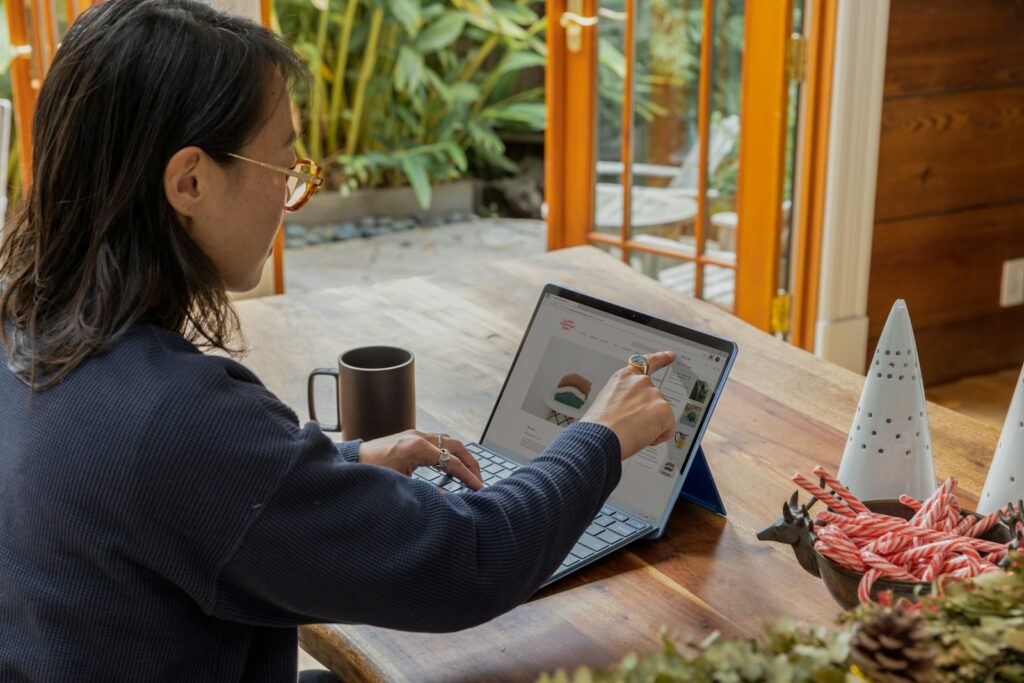As Solo Work Becomes More Common, It’s Important to Connect with Humans
It’s no secret that the way we look at work has changed dramatically over the past four years. One outcome: more workers than ever are starting their own businesses. According to Washington Post Economics writer Abha Bhattarai, nearly 1 in 5 adults, or about 19 percent, are “in the process of founding a business or have done so in the past 3½ years.”
Despite the freedom and fulfillment that entrepreneurism brings, many of these fledgling enterprises are under threat from something that we don’t talk about enough: loneliness. Last year, Dr. Vivek H. Murthy, the United States Attorney General, began a dedicated awareness campaign around what he called an “epidemic” of loneliness, releasing a national framework aimed at rebuilding social connection and community in America. Crippling loneliness is not only a looming threat in our personal lives but our professional lives as well.
Combating loneliness must be taken as seriously as any other aspect of running a business, akin to marketing, payroll, accounting, taxes, and prospecting. This is even more critical for solo entrepreneurs. After all, when the owner IS the organization, unchecked loneliness can lead to the end of the business.
Here are three ways to combat loneliness when you’re building a business alone.
Find Friendly Accountability Partners
Every business owner is accountable to someone. If your business offers a service, it’s your clients. If you’re in retail or you sell a physical product, it’s your customers. If you’ve taken funding to build your operation, it’s your investors.
However, being accountable is not the same as having an accountability partner. An accountability partner is someone with whom you voluntarily share your goals and tasks and who offers feedback, motivation, and support. Studies on accountability have shown that committing to another human increases the likelihood of task completion by as much as 65%. The chance of success jumps to 95% if there is a deadline and follow-up attached to that commitment.
Accountability partners care about your success because they want to see you succeed. They won’t chastise you when you fail. Instead, they’ll push you to realize your own goals. An accountability partner generally has no direct skin in the game.
Where can you find an accountability partner? Look for partners across your professional network. Anyone who has offered to mentor you is obviously a good choice. Maybe there’s a former colleague who is in a related – but not-competitive – line of work. Most people need other humans to help motivate them and share in their successes. In large organizations, this camaraderie often occurs between teammates. Those who work for themselves have to take an extra step or two – but it’s worth it.
Get Outside
Numerous studies have shown that spending time outside is good for mental health. These findings are reported so often now that the phrase “go touch grass” has emerged as an online insult, implying that someone seems mentally unwell and should go outside to reset.
Though meant as an insult, it’s actually a very good idea. Additional studies show a connection between access to natural elements and workplace productivity – even if it’s something as small as a courtyard or a rooftop garden in an office building.
Chances are that if you work for yourself, you’re not in an office building that maintains a rooftop garden. That’s ok. For those of us who work from home, even in urban areas, a walk will do us good. And if you run into friends or neighbors who can boost your mood, even better.
Join a Peer Community
But the best antidote for work-driven loneliness is a peer community – a group of people you can turn to who are either in a similar line of work, or at least share similar work challenges. In more densely populated areas, you’ll find numerous options. In every major city, successful and aspiring business owners plan and attend all kinds of meet-ups. It’s good – and healthy – to take part.
I work in a very remote, rural area. So, for people like me, this can be a bit of a challenge. Fortunately, there are a number of online platforms and communities that can work just as well. I’ve seen the benefits firsthand as the co-founder of Groove.
Groove is a mobile platform and community that offers spontaneous, one-hour focused work sessions with like-minded humans. What began as a way to find instant accountability partners and be more productive has become so much more. Every day we hear incredible stories of mutual support on our platform. Sometimes it’s as simple as users cheering each other on to get through those task lists. Other times, they’re connecting directly and helping each other build their businesses. In some cases, it’s good for humans to help others get out of bed and get moving on their darkest days. Groove has become a support system for people without a support system. We’ve seen it all.
The Need Is Great
New models of work, combined with stratospheric increases in entrepreneurship, have created more freedom for workers than any generation has ever seen. But that freedom can come at a cost when humans feel isolated.
Everyone is different, and the right solution depends upon the needs and personality of the individual entrepreneur. Ultimately, it’s about recognizing the threat that loneliness poses and taking steps to mitigate those threats. This goes for everyone in the business community – from solo entrepreneurs to executives at the largest multinational corporations. By actively combating loneliness, we can keep productivity high while filling our lives with more meaning. We need each other now more than ever.
Josh Greene is the CEO and Co-founder of Groove,the everyday coworking app that helps business owners finish the important things and inspire each other.
